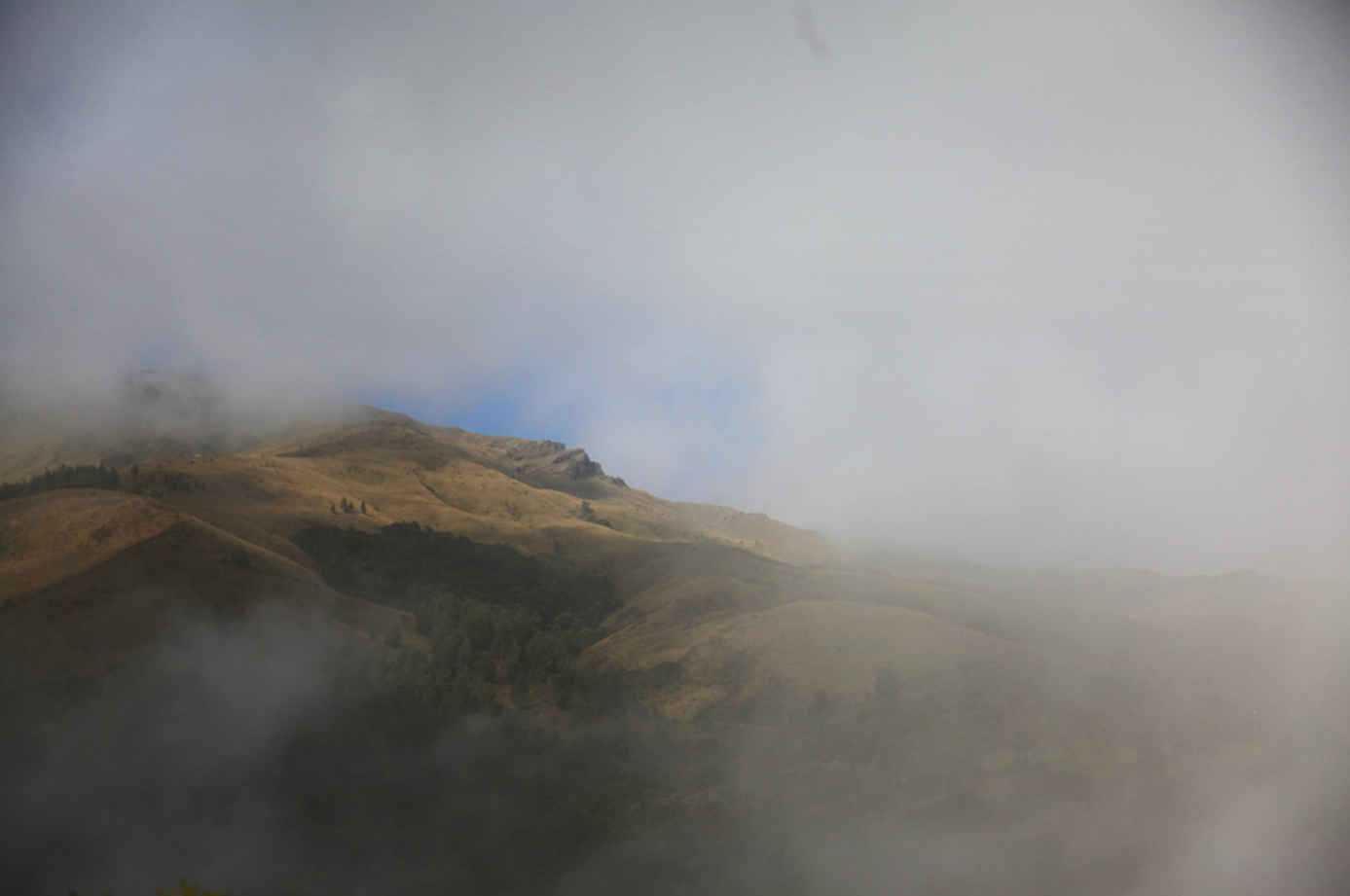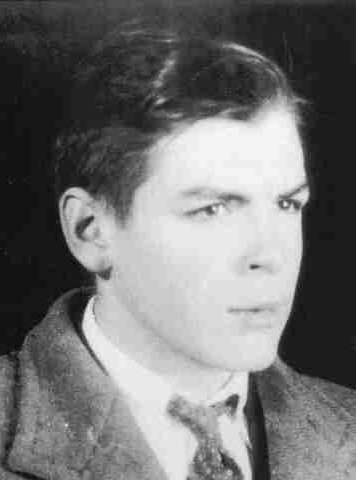This is me leaving New York City to Ecuador. Coincidentally, every taxi I took from the moment I signed my contract was operated by a chatty Ecuadorian. From the moment I hailed this cab until December 7th, my life never paused. After shooting back to Indiana for yet another great wedding of a great friend, September eased me into my future hectic schedule surrounded by international teens and ever-stacking responsibilities, which included:
Visiting the Amazon rainforest as the first high school group at Tiputini Biodiversity Station
Standing on an emergent atop the canopy, watching spider monkeys and killer ants
Floating down a piraña/anaconda/caiman/electric eel/vampire fish-invested river in nothing but a life vest for two hours
Spending my 26th birthday flying past three active volcanoes and taking six different types of transportation through the rainforest
Straddling the Equator, both the tourist line and the GPS-specific line, watching water swirl in opposite ways on both sides of the line
Taking over the creative arts teaching position for 26 students from 15 countries
Did you notice that last bullet point? Teaching. Not occasional instruction of the digital arts but all-out educating a classroom on the entire field of creative arts. Though had I gone for my Masters in Studio Art I would have taught more complex classes than this, I had to juggle my already-intensive job with learning how to manage a classroom of 26 international and inquisitive kids. I thought I was cognizant of the difficulty in a teacher's job, but it became screamingly clear of why it's full-time and worthy of at least four years of intensive study.
OCTOBER
Maybe six days after returning from the Amazon rainforest, I marked off a Bucket List item and flew to the Galapagos islands. My class field trips were to the zoo an hour away, but here I was filming and photography 26 kids who got to cash in on a lucky life experience at age 15.
For one week, we lived on San Cristobál island, housing classes in a local university directly opposite a white and blue beach. It was here that I stood in front of two grade levels, wrote my first non-hypothetical lesson plan, and used advanced technology to engage students on some artistic concepts. I had what the profession calls a 'teaching moment' within first three days.
Following what some would already consider an immersive and whole experience in the Galapagos, we got on a boat and went island hopping. I photographed from the top of a truck up an unpaved road, hiked the rim of the second largest crater in the world, and saw tortoises bigger than a mini fridge. By the end of this entirely satisfying journey, I was wiped out and in need of a break after 37 days on the job straight.
NOVEMBER
I began teaching a medium I never even studied in school but only self-taught and learned through experience. But, of all the courses I've taken in my life, this area is surprisingly the one I feel most confident and qualified speaking about. For three weeks, I taught cinematic storytelling and film production, a unit which concluded with a film festival of original work by the students. It was a reminder of much we can construct for ourselves instead of waiting for a structure to provide life experiences.
What seemed previously like an infinity pool of time to utilize soon became a countdown clock drawing all of us away from Ecuador. I had to squeeze in another unit on social commentary, grade an intimidating stack of written critiques, continue to film, photograph, and edit the content reflecting our experiences, and simultaneously have my 'human being' time where I enjoyed the temporary coordinates of my employment.
With time quickly unraveling, we hopped in an SUV with our eyes set on summiting a magnificent hill: Barabon. It was one of the few moments we stopped to travel and enjoy each other's company in an environment of our own choosing. It was a refreshing morning.






























